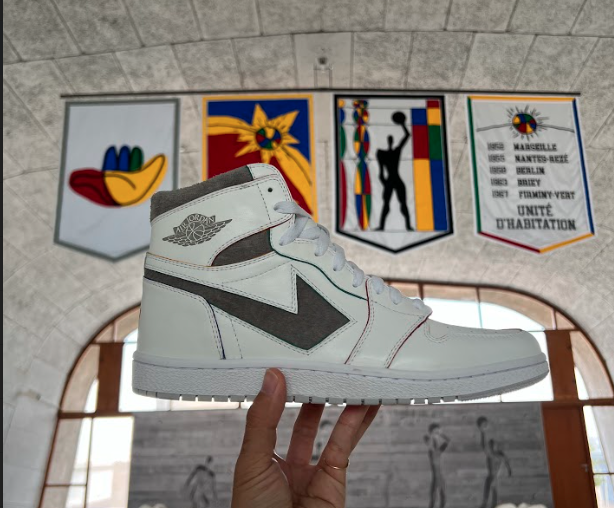The recent rise of utility NFTs has transformed the non-fungible token market for the better.
Until recently, NFTs were little more than some code attached to a digital asset, such as a JPEG; now, NFTs are quickly becoming an asset class that offers significantly more value to their holders.
One of the most realistic and exciting implications of utility NFTs on the consumer market is the use of them as tickets, for example for tours, activities and experiences. This trend regarding utility NFTs is already seeing people use their NFT as a “membership card” to get into exclusive clubs and events.
This same approach is being applied within the travel industry for ticketing, allowing suppliers and travel agencies to issue smart digital tickets that allow access and deliver extra value (or utility) to holders. Further, these smart tickets are registered on the blockchain, which prevents fraud and enables a thriving secondary market.
Perhaps the most obvious benefit of using NFT ticketing is the elimination of fraud and scalping. Since each smart ticket is registered on the blockchain, it is verifiable. With traditional ticketing methods, a barcode or QR code can be fraudulently duplicated and sold by scalpers as a fake. This behavior is not possible with NFT smart tickets as they are inherently verifiable through their underlying blockchain technology.
Subscribe to our newsletter below
Additionally, this means that the secondary ticketing market can be much safer. “Verified resale” tickets were a step in the right direction, offering buyer protection from scalpers. Blockchain technology gives suppliers even more control over every step of the resale process. When fans sell tickets after the initial purchase, organizers have visibility into the ownership path and activity.
Although NFT ticketing has largely been applied to the events space, this is only the beginning of the technology’s potential.
Applications in the travel industry have the potential to offer significant benefits to travelers, both in terms of the benefits and the safety features the technology offers. For example, compared to a traditional ticket, the data stored on an NFT ticket will provide smoother identity verification — a feature paramount to travelers’ safety.
Stated simply, the reason we’re seeing so many innovations in the ticketing industry is because the industry’s existing enterprise is quickly becoming outdated. QR code technology was introduced in 1994, and barcode technology decades before that. The verification process upon which most existing ticketing transactions are based hasn’t changed notably in the decades since its implementation. It’s time for the ticketing market to take advantage of the newer technologies.
However, it’s not only customers looking for solutions, but legitimate sellers, also. When a fraudulent ticket is sold, that represents lost revenue to the supplier. And for travel ticketing, providers are constantly looking for ways to improve the safety of their travelers, and this new technology offers that opportunity.
From the consumers’ perspective, the NFT ticketing process is the same as a traditional mobile ticket, but with the opportunity for added benefits. For instance, when a traveler has their ticket on their phone, they scan a code (using a revolving QR code technology that prevents duplication) and are welcomed aboard the plane or ship they’re traveling on. After coming aboard, they can receive increased value with blockchain-centric rewards, with the NFT ticket becoming available in their Ethereum-based wallet.
NFT tickets are a much safer alternative to traditional ticketing methods for both providers and ticket holders. Consumers are looking for solutions to common issues that plague the ticketing and travel industry, from scalping and other forms of fraud to a broken secondary market. Combining the convenience of mobile ticketing with the security measures of blockchain technology, NFT tickets are poised to become the future for travel and experiences.



